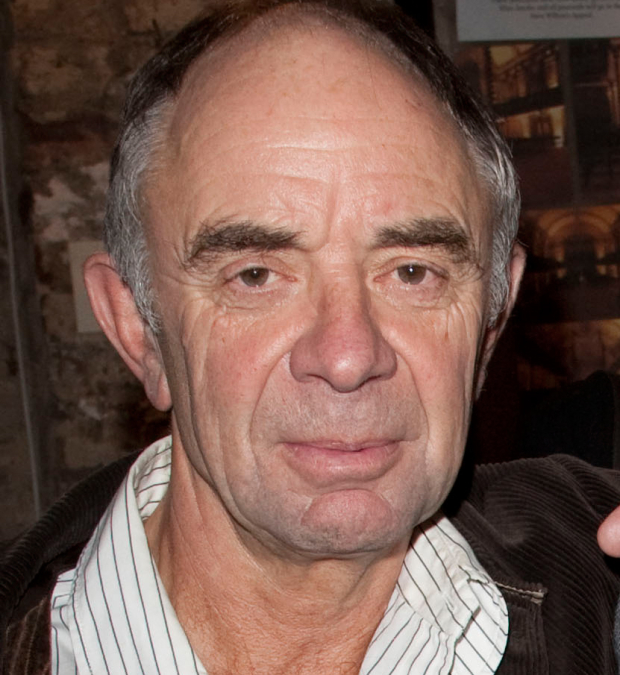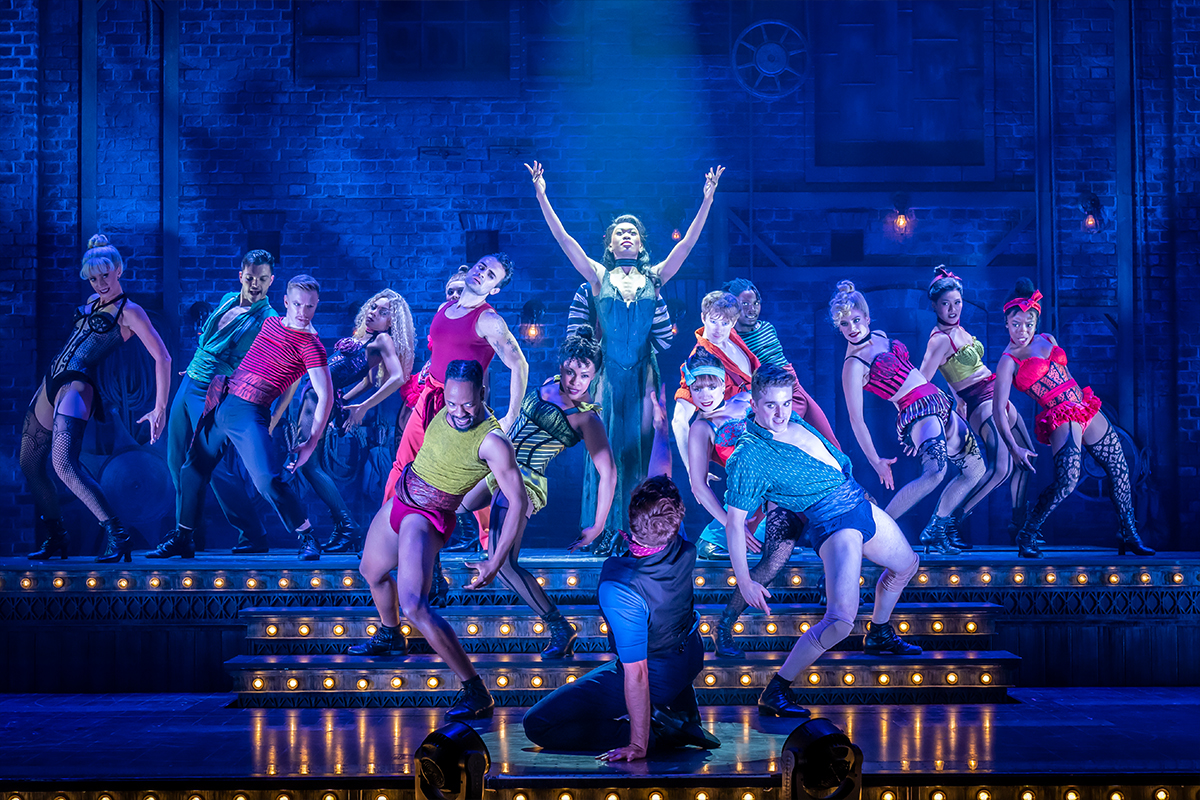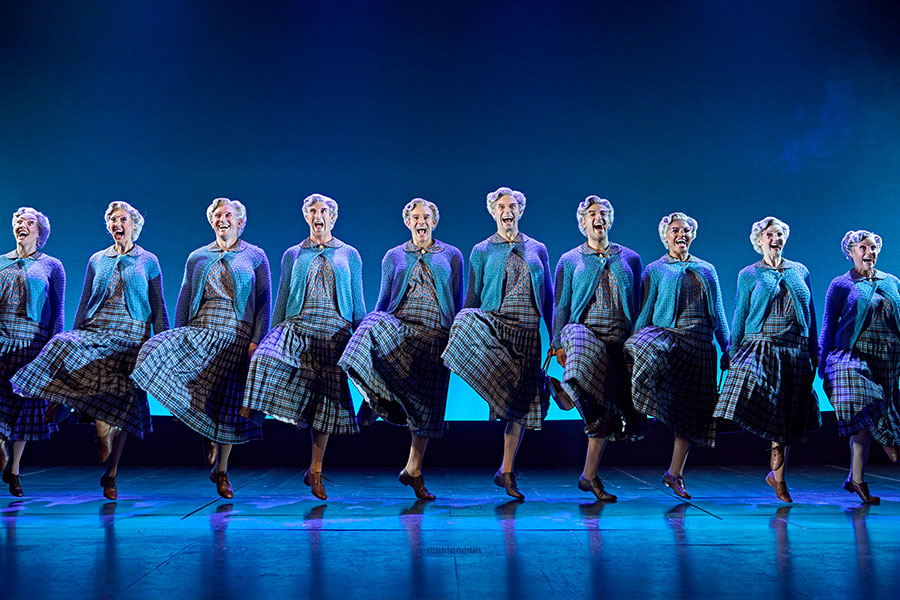Review: Echo's End (Salisbury Playhouse)
Barney Norris‘s first historical drama might be set a century ago, but our world hangs over Echo’s End. The past throws the present into relief and, by serving up a slice of life as it was, Norris nudges us to compare and contrast. His feels like another world altogether: smaller, slower and, in some ways, simpler. In others, not.
Set on the Salisbury Plains in 1915, far from the field guns rumbling away in France, Echo’s End argues that the war re-shaped the world. It expanded horizons. Norris might underplay the impact of empire on British life, but he presents a convincing, if self-contained, case.
Anna (Katie Moore) is all but engaged to the boy next door, Tom Byrne’s sweet-natured John, when war breaks out. It doesn’t just take him away, though, it brings the whole world to her. As she’s pottering in the field one day, an injured New Zealand infantryman strides onto the Salisbury Plains like an unexpected sunny spell. Resting up after Gallipoli, Oliver Hembrough’s Jack is a different breed of man altogether: sure-footed, unsentimental and mature. O brave new world indeed.
His fresh presence upsets the old order of a rural community, and while Anna’s father Arnold (David Beames) grudgingly barters with Jack for goods that were once easy to obtain, he draws a furious line at the notion of any sort of relationship with his daughter. His anxiety betrays a deeper concern – that an entire way of life is being laid to rest. The army camps set up on the Plains have blighted a perfectly good view.
Throughout, Norris lets us see what we’ve lost – everything from intergenerational relationships to local lore – but equally what we’ve gained from globalisation. This might just be the best Brexit play you’ll find, precisely because it looks through the long lens of history.
Changes don’t happen overnight. The old cling to continuity, even as the play’s young push for progress, even if – and this is the play’s tragedy – it means wilful, wanton destruction. "That’s all the politics of the world."
Norris writes with patient restraint, regularly upturning the tropes of the First World War for its truth, and Alice Hamilton directs in kind. Together, they breathe life into people and places onstage, building them up through the same tiny brushstrokes that Robert Holman deploys. This is a play that seethes with subtext, and it’s a mark of Norris’s care that its language remains rooted in lived experience. When John returns from war, injured, his mother likens him to "a tree after coppicing." Nature defines the ways and world of these characters, and Tom Rogers’ picturesque setting lets the land speak for itself. He lets us take in the Plains’ particular beauty, reminding us, with a bare square of dry earth, that it needs care and cultivation. Howard Hudson underlines the gesture in light, charting both seasons and sun by painting all sorts of skies overhead. The Salisbury Plains seem utterly misnamed.
That’s key to a play which wonders what we gain from the rest of the world, given the riches on our own doorstep. Moore conveys not only the wonder of a widening world, but also the sense of loss when it inevitably retracts, while Byrne makes clear the growing pains that a new world can inflict in the process. Robin Soans offers superb support, as the blustering and bucolic Jasper, a born storyteller who, having never really known his birthday, might represent some age-old spirit of England: quaint and queer, yes, but content with his lot.
Echo’s End runs at Salisbury Playhouse until 15 April.











